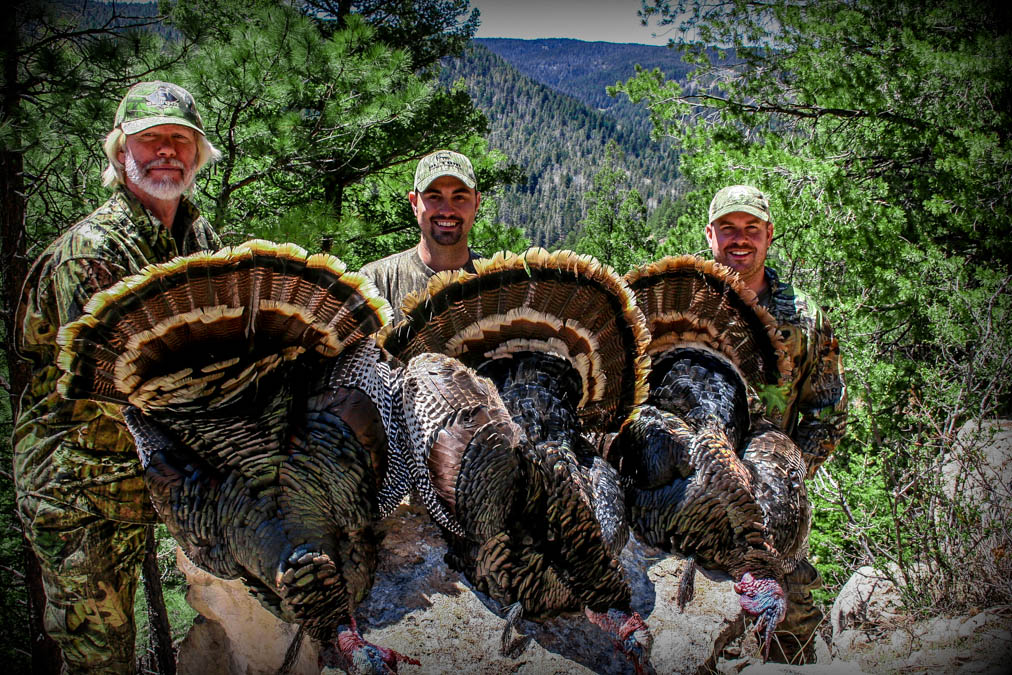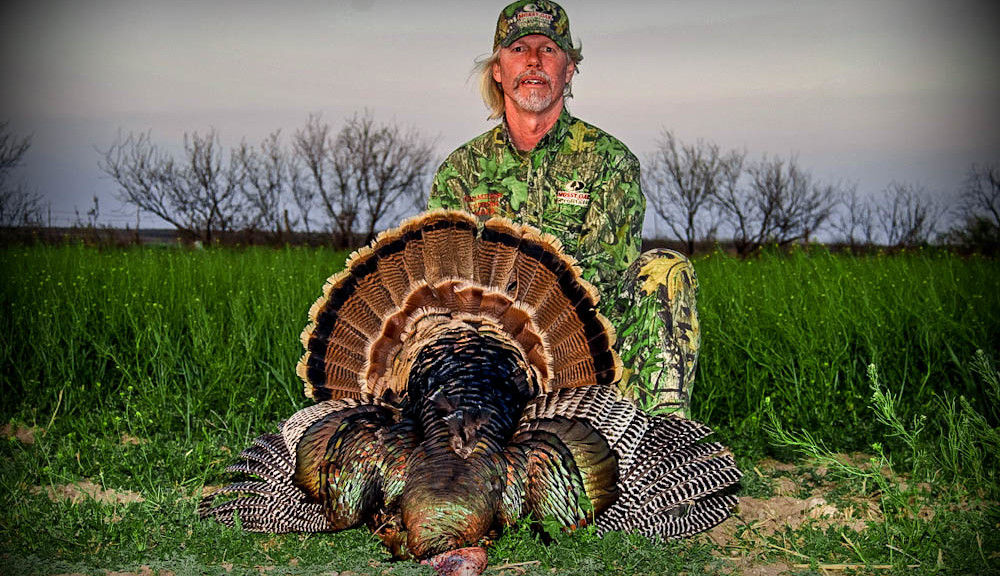It seems that each year on various forums we partake in the discussion involving “Calling” or Woodsmanship” regarding which is most important. Many highlight the woodsmanship aspects while the really good callers make their points for calling. In the end most of the veteran turkey hunters realize that the better you are at both, the better you’ll be at killing turkeys. I also believe that there is a third element of turkey hunting that rarely seems to surface during these conversations or at best seems to get mixed in with the rest.
I’m talking about “Turkey Hunting Experience /Wisdom” that comes from pursuing turkeys specifically and the knowledge that comes with it. This third element is a stand alone aspect that has to be combined with the others and is in my view the glue that bonds the other two together.

Think about it this way. Calling is something you practice and learn. It’s a specific skill involving instruments and various types of calls. Although some people seem to be more gifted when it comes to running calls, for most it takes practice to become better than average. Average calling will allow you to kill some turkeys but the better you are the more types of turkeys you can handle. And as important as it is to be able to call, it’s just as important to know when to call or when not to call and even what type of call to make. And, even if you’re a great caller, it doesn’t mean you’re a good turkey hunter.
Realizing “Woodsmanship” has varying definitions for many, in my opinion it’s a developed ability to operate and function in the woods in a manner that requires mostly unconscious efforts and becomes second nature for many. It’s a combination of learned skills that comes from experience and involves abilities to maneuver with a general in depth understanding of nature and wildlife. It’s a learned trait of minimizing the intrusion factor and being aware through sight, sound, and smells what’s going on around you. It’s an achieved comfort level while in that environment. But again, just because you’re a good woodsman does not mean that you’re a good hunter.
Woodsmanship and calling are both building blocks and a requirement that specific quarry skills must be added to. For example: If you deer hunt you learn about deer habits, environment, food requirements, and hunting tactics. This applies to any type of hunting such as elk, moose, bear, or waterfowl. The more you learn about the quarry, the better results you experience.
The Turkey Experience /Wisdom aspect is the “Third Element” of gained specific knowledge that can only come from experience and exposure to hunting turkeys. And although some may learn quicker than others, it takes years and the learning aspect never really ends. When this element is reasonably perfected and can be added to the woodsmanship and calling aspects, it totals to create the true turkey slayers that can kill birds consistently in any part of the country under most conditions. It’s comparable to having a good running, passing and special team’s capability in that it allows for a truly balanced attack. Lacking in any of these aspects will limit success.
Some may argue that this third element is “Woodsmanship” but in my mind it’s a separate category. Turkey hunting veterans that gain this knowledge and experience and combine it with well developed Woodsmanship and calling skills have expanded capabilities that go well beyond average. This group exhibits an ability to process everything that’s happening around them in a way that combines hunches, instinct, and what appears as a gifted talent. These individuals often don’t know what they’ll do until they do it but reactions to varying scenarios and appropriate tactics and solutions just seem to float to the top of their heads often enough that they stand out as hunters. Identifying and picking good set up locations is mostly second nature. Turkey hunting and the pursuit really does become instinctive and they combine the three elements as though it’s all coming through an IV that has an automatic regulator. Utilizing Woodsmanship and their calling abilities in a way that complement each other and extending just the right dose of each based on what their third element sense tells them is an unconscious effort. Just the right combination of aggressiveness and patience is utilized and balanced with persistence always at the core. Putting in the time and always believing it’s just a matter of finding a way and that there’s an answer to every situation is a given. There’s a healthy balance of confidence and humbleness at work at all times. Hunches and instincts are trusted and a willingness and relentlessness to constantly probe, search, and try to read a particular bird or situation is ongoing.
The drive comes from a combination of a love for the outdoors, the sound of a gobble, the sight of a strutting gobbler, and the challenge and satisfaction that comes from being successful. It’s the desire to repeat the adrenalin rush that comes at the moment of truth after endless amounts of anticipation and efforts that finally pays off. It’s a desire to work through the scenario and get the right combination that puts a bird over your shoulder or someone else’s. It’s a personal challenge between you, the bird, and the elements.
Being willing to gamble and sense when a right or wrong direction is taken occurs automatically. Defeat is never taken well but is not wasted in that it is imputed as a lesson learned that furthers the third element data bank.
And no matter how many they kill most always walk away feeling lucky knowing that it could have easily gone the other way and that the bird could still be walking. And when you win, you won the fight, but when you get beat, you’re not defeated; it was only one of many rounds.
Bobby Parks
The GrandSlamNetwork.com
Mossy Oak Pro Staff
Ol’ Tom Field Expert
